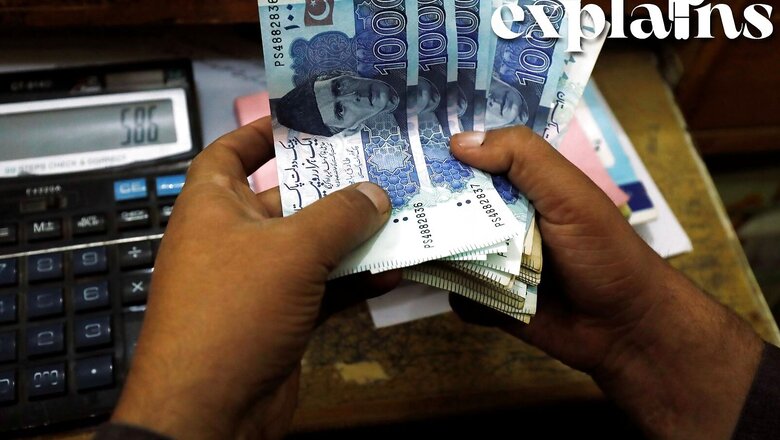
views
Pakistan President Arif Alvi on Tuesday asked finance minister Ishaq Dar to take the parliament into confidence before passing an ordinance to raise taxes to the tune of Rs 170 billion, further complicating the cash-strapped country’s desperate attempts to secure the much-needed IMF bailout package.
Pakistan held intensive talks with an International Monetary Fund (IMF) delegation here for ten days that ended on February 9.
A deal, however, could not be reached.
Despite Pakistan bending its back to the limits, the IMF has refused to release the next tranche of $1.1 billion out of $7 billion programme initially agreed upon in 2019 unless certain terms are met.
One of these terms include raising taxes to the tune of Rs 170 billion.
What’s Happening?
Years of financial mismanagement and political instability have damaged Pakistan’s economy — exacerbated by a global energy crisis and devastating floods that submerged a third of the country.
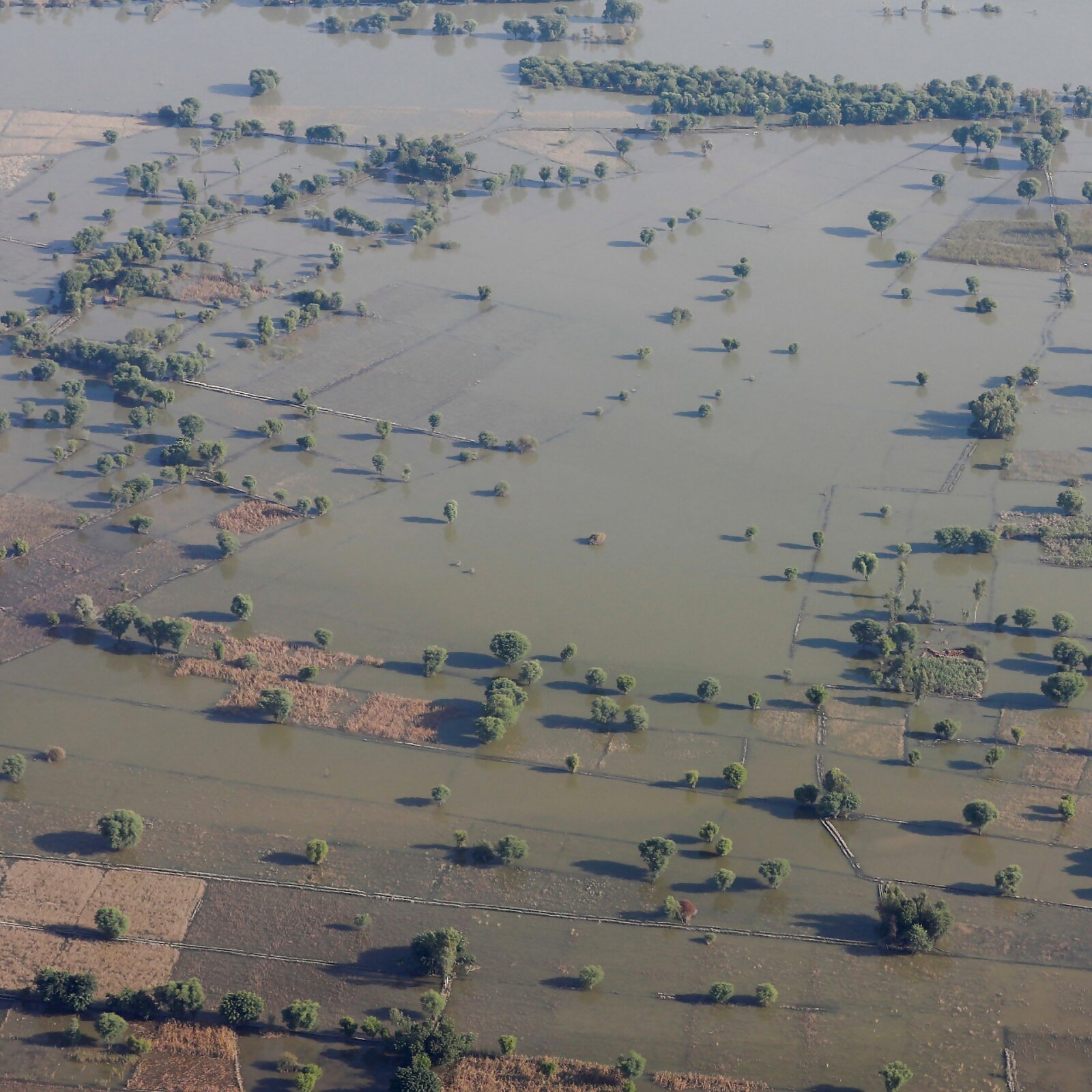
Alongside a shortage of raw materials, soaring inflation, rising fuel costs and a plummeting rupee have battered manufacturing industries.
An IMF delegation left Pakistan on Friday after urgent talks to revive a stalled loan programme ended with no deal, leaving lingering uncertainty for business leaders.
Raising Taxes
During a meeting with President Alvi, finance minister Dar said the government wanted to raise Rs 170 billion by June this year as taxes, needed for the IMF bailout package.
Alvi “advised it would be more appropriate to take the Parliament into confidence on this important subject” and that a session should be called immediately so that the bill can be enacted without delay, according to the finance ministry.
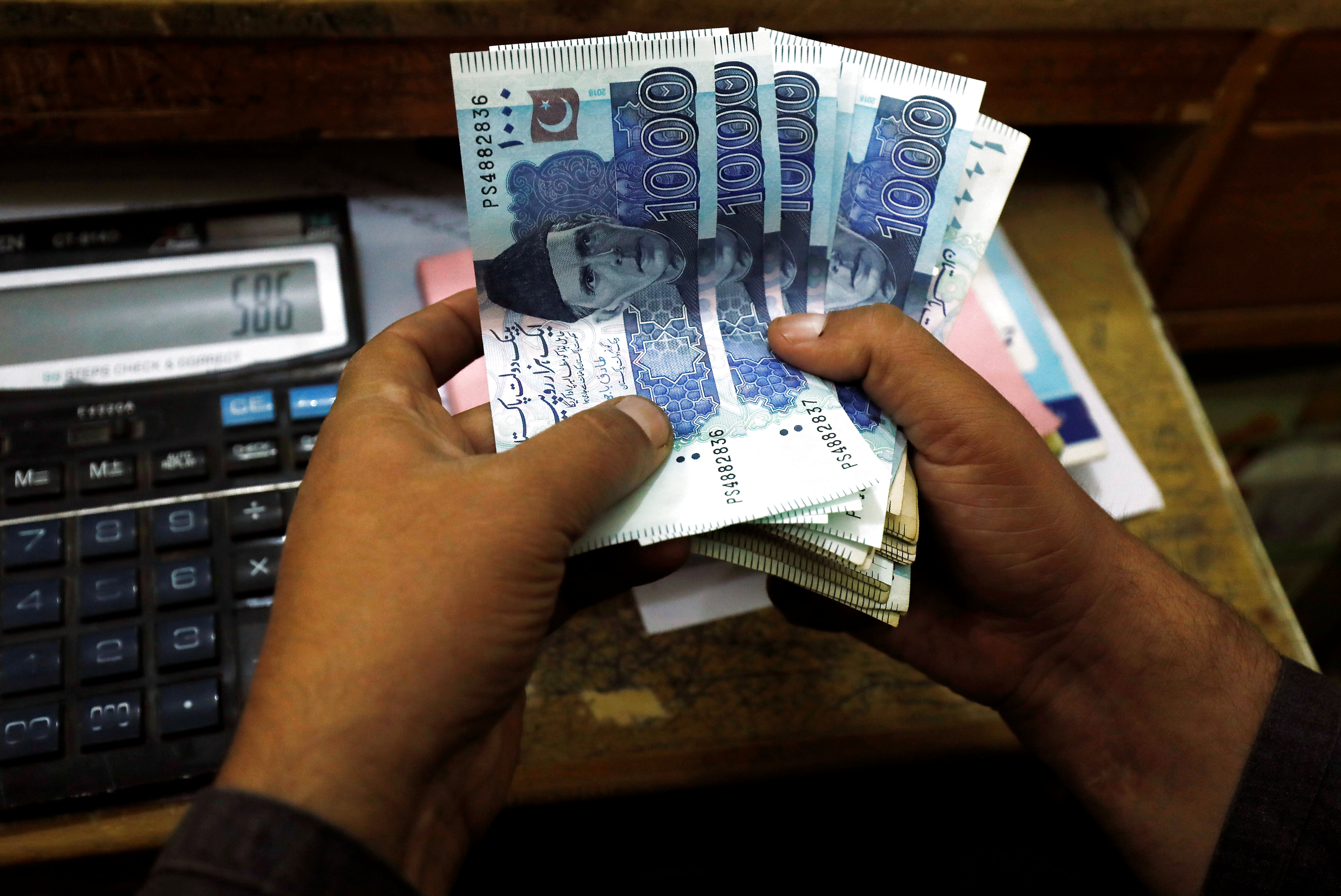
Alvi belongs to the opposition Pakistan Tehreek-e-Insaf (PTI) party and his consent is necessary for any ordinance.
Going through the parliament would take days to pass the ordinance and further complicate the financial health of the Pakistan and potentially scupper the IMF deal.
The IMF Plummet
Meanwhile, the IMF and the Pakistan government resumed talks virtually on Monday, with Islamabad hoping that an agreement would be quickly reached so that it would bring much-needed relief to the country’s ailing economy.
With the foreign reserves plummeting to a critical low of just $2 billion, sufficient for just 10 days of imports, Pakistan is looking towards the IMF to resuscitate its economy.
Pakistan is struggling with instability stemming from an economic crisis, last summer’s devastating floods, and a recent surge in terror attacks across the country.
Fitch Downgrades Ratings
The Pakistani economy faces substantial credit risks with “critically low levels of foreign exchange reserves, New York-based global ratings agency Fitch said on Tuesday, warning that a default is a “real possibility.” Fitch downgraded Pakistan’s long-term foreign currency issuer default rating (IDR) to CCC- from CCC+, citing further worsening in liquidity and policy risks.
The move reflected a sharp deterioration in external liquidity and funding conditions, along with decline of foreign exchange (FX) reserves to critically low levels,” Fitch added.
Major Companies Bail Out
Indus Motor Company (IMC), the manufacturer of Toyota automobiles, chose to “totally” shut down its production unit in Pakistan from February 1 to 14, a report by International News earlier said.
The IMC management stated in a letter addressed to the general manager of the Pakistan Stock Exchange that in light of the recently introduced mechanism vide, commercial banks were advised to prioritize/facilitate imports to specified sectors only, which does not include auto.
“The company and its vendors continue to confront significant challenges in importing raw materials and obtaining clearance from commercial banks,” the notice stated.
According to the Toyota manufacturer, these deterrents affected the entire supply chain, and vendors were unable to supply raw materials and components to the company, the report said.
Virgin Atlantic, the British airline, announced on Monday that it would cease operations in Pakistan. The airline announced in a press release that it would cease operations between London and Lahore and Islamabad.
“As we continue to scale up our flying programme in 2023, we’ve had the chance to assess our entire network and decided to make a few modifications. It is with sorrow that we have taken the tough decision to halt our services between London Heathrow and Pakistan as a result of this review,” a spokeswoman said in a news release.
The representative stated that this was not a “light decision” and apologised for any difficulty caused.
Ban on Imports Looming
Pakistan business chiefs are clamouring for the cash-strapped government to allow manufacturing materials stuck at the key port of Karachi into the country, warning that a failure to lift a ban on imports will leave millions jobless, AFP said in a report.
Faced with critically low US-dollar reserves, the government has banned all but essential food and medicine imports until a lifeline bailout is agreed with the International Monetary Fund (IMF).
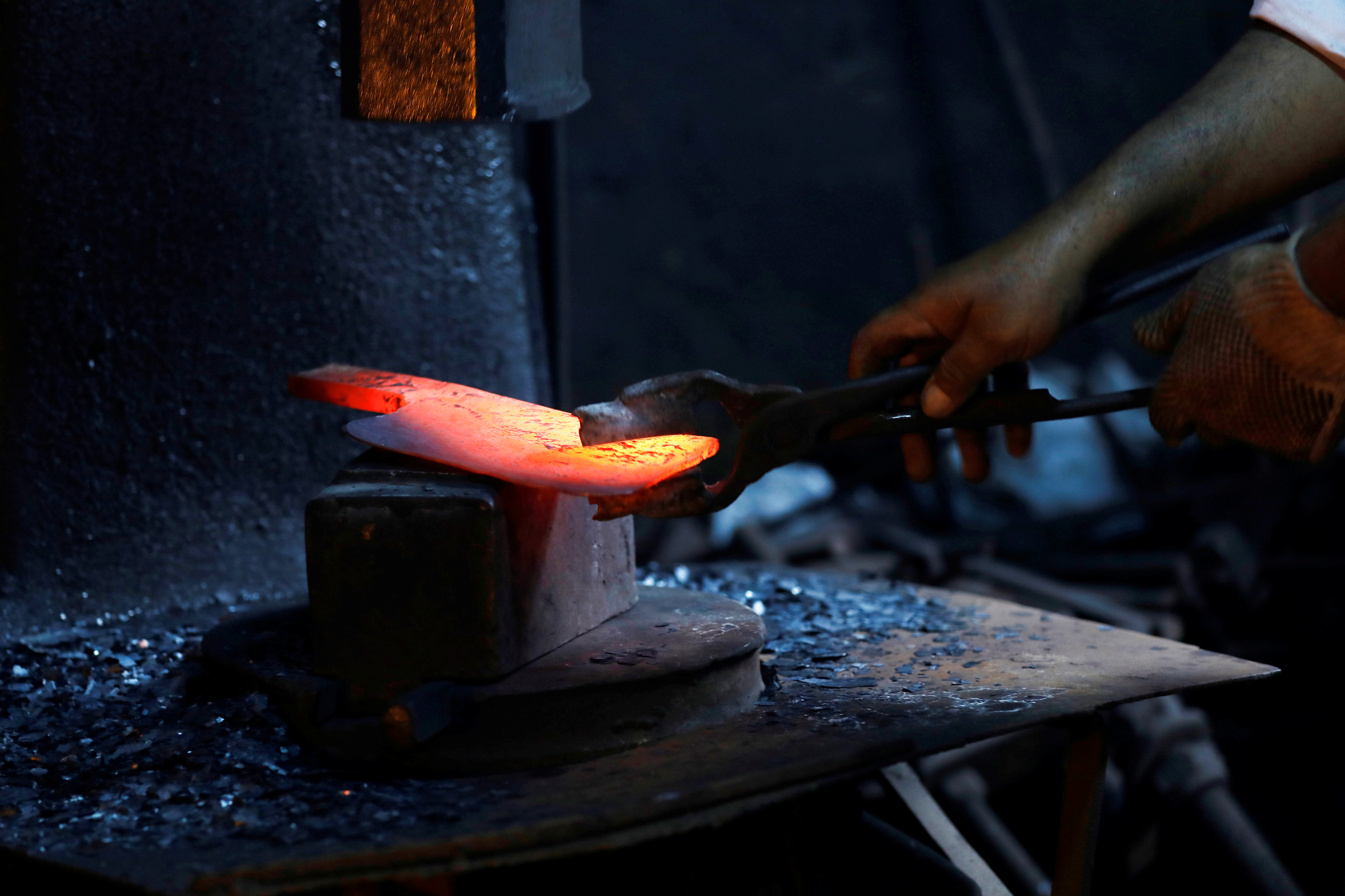
Industries such as steel, textiles and pharmaceuticals are barely functioning, forcing thousands of factories to close and deepening unemployment.
The steel industry has warned of severe supply-chain issues caused by a shortage of scrap metal, which is melted down and turned into steel bars. In the past few weeks, the bars have reached record prices.
“We directly feed materials to the construction industry which is linked to some 45 downstream industries,” Wajid Bukhari, head of Pakistan’s Large Scale Steel Producers Association told AFP.
“This whole cycle is going to be jammed.”
Smaller factories have already shut after exhausting stocks, while some larger plants are just days from closing, he said.
With an import bill of around $150 million a month, the steel industry says its operations directly and indirectly affect several million jobs.
Latest data from the central bank said foreign exchange reserves had plunged to just $2.9 billion — enough for less than three weeks of imports.
“This situation triggers fears the construction industry will close down very soon, plunging thousands of labourers into unemployment,” the Constructors Association of Pakistan said, echoing calls for steel and machinery to be exempted from the import ban.
‘Grinding halt’
The textile and garment industry is responsible for around 60 percent of Pakistan’s exports and employs about 35 million people, processing items such as towels, underwear and linen for major brands across the world.
“The textile industry should be prioritised,” Shahid Sattar, secretary general of the All Pakistan Textile Association told AFP.
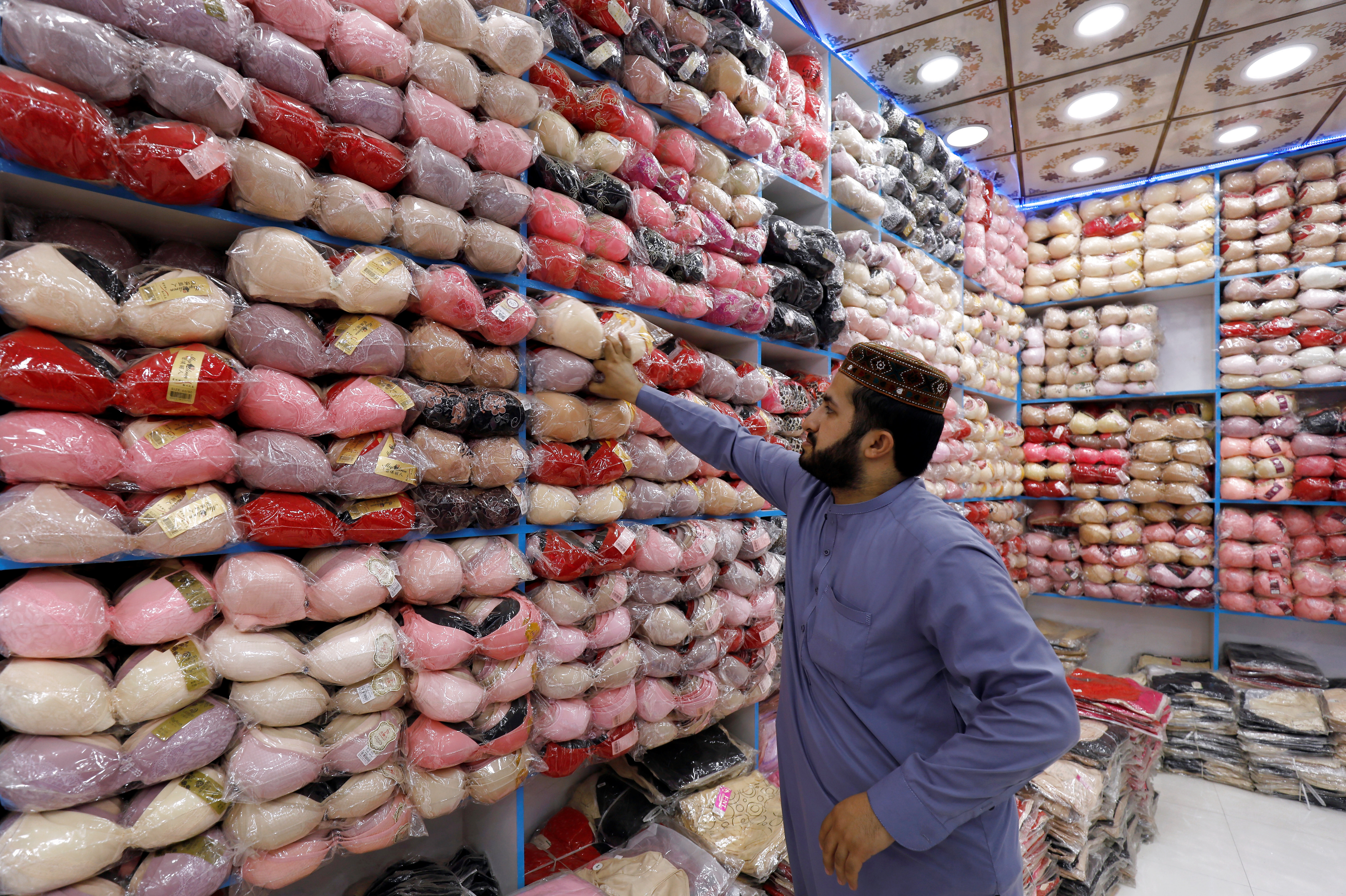
“We are the mainstay of the country’s exports,” he told AFP. “If you don’t have exports, how will you shore up your foreign exchange reserves? Then consequently, how will the economy recover?”
After floods devastated domestic cotton crops last summer the sector is importing a significant amount of raw fabric.
Factory owners appealed to the finance minister last month for “direct intervention” to unjam the backlog, which also affects dyes, buttons and zippers.
“The textile industry has more or less come to a grinding halt in Pakistan. We don’t have raw materials to operate our mills,” Sattar said.
Around 30 per cent of the textile mills have shut down operations completely, while the rest are working at less than 40 per cent capacity.
Tauqeer ul Haq, the head of the Pakistan Pharmaceutical Manufacturers Association, said 40 medicine factories were on the brink of closure because of a lack of key ingredients.
Fuelling poverty
Pakistani economist Kaiser Bengali said the supply-chain crisis was “feeding inflation and also hitting the government’s revenues”.
It is also escalating unemployment and fuelling poverty, with a large proportion of construction and factory workers in Pakistan paid daily.
“On average during regular production, workers are paid for around 25 days (per month) but now they are getting wages for 10 to 15 days. While some companies have even suspended their production and workers will only get paid once manufacturing resumes,” Bengali told AFP.
Nasir Iqbal, an economist at the Pakistan Institute of Development Economics, said export bans like the one currently in place “can never be a sustainable solution”.
Under-pressure Finance Minister Ishaq Dar last week said businesses must “let the money come in from the IMF” before letters of credit would resume for imports, ending the logjam.
Meeting the conditions of the bailout, such as by raising petrol and energy costs, is also expected to increase inflation, but should pave the way for further financial support from friendly nations.
In the old Silk Road city of Peshawar, factories producing everything from glass to rubber and chemicals, mostly for the neighbouring Afghan market, have closed one after the other in the past several months.
“Around 600 have closed, while many are operating at half capacity,” said Malik Imran Ishaq, the president of the Industrialist Association Peshawar, which represents 2,500 factories.
“The entire business community is in serious trouble.”
WHY IS PAKISTAN’s Economy in Such a Bad Condition?
According to a report by University of Michigan News, Pakistan is experiencing a multifaceted crisis. Its economy is on the verge of collapse due to a collapsing rupee, inflation at levels not seen in decades, disastrous floods, and a severe energy scarcity.
John Ciorciari, professor and assistant dean for research and policy engagement at the Gerald R. Ford School of Public Policy at the University of Michigan, said Pakistan is facing a severe economic crisis and foreign exchange reserves are perilously low. Inflation is at its highest level in decades, economic growth is slowing, and the central bank has substantially increased interest rates in response to the currency’s weakness. The destruction caused by the floods exacerbates the country’s economic difficulties, which are already aggravated by the high cost of food and fuel.
The economic crisis in Pakistan has multiple reasons, the report says. Weak governance and political instability have been key issues, eroding investor trust in the country and contributing to corruption and pork-barrel politics, which degrade the budgetary condition of the government. Pakistan’s reliance on imports, particularly for energy, makes it extremely susceptible to increases in global oil and gas costs. Pakistan continues to be deprived of a potentially transformative business and investment partner due to the pandemic and its poor relations with India, the report explains.
With inputs from PTI, AFP
Read all the Latest Explainers here

















Comments
0 comment